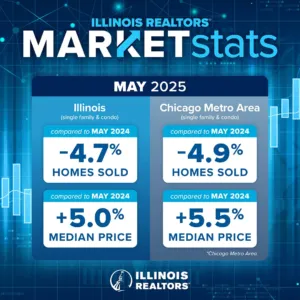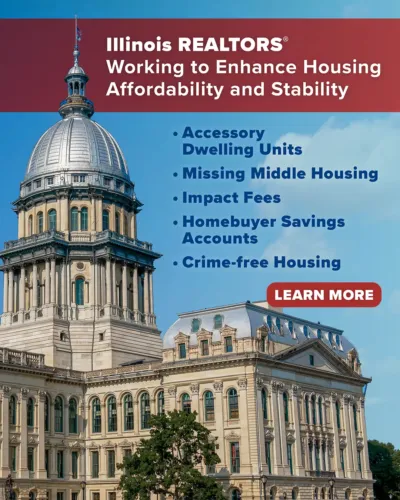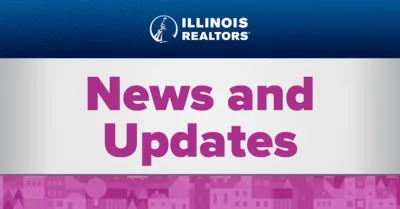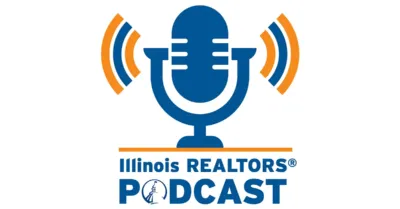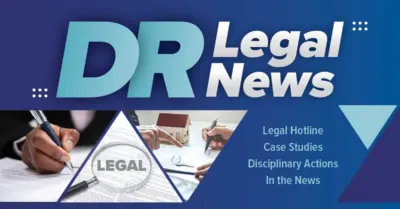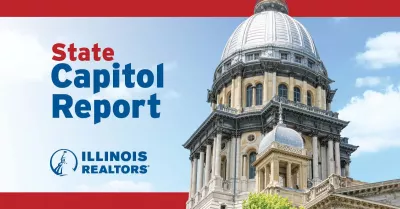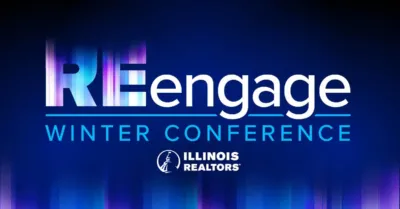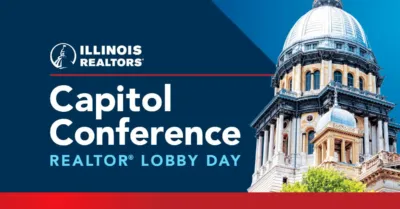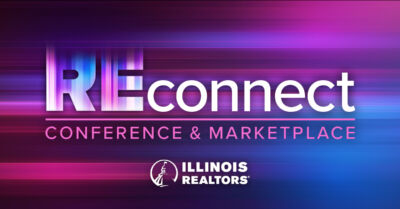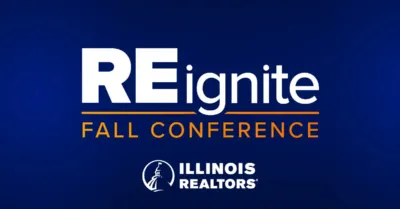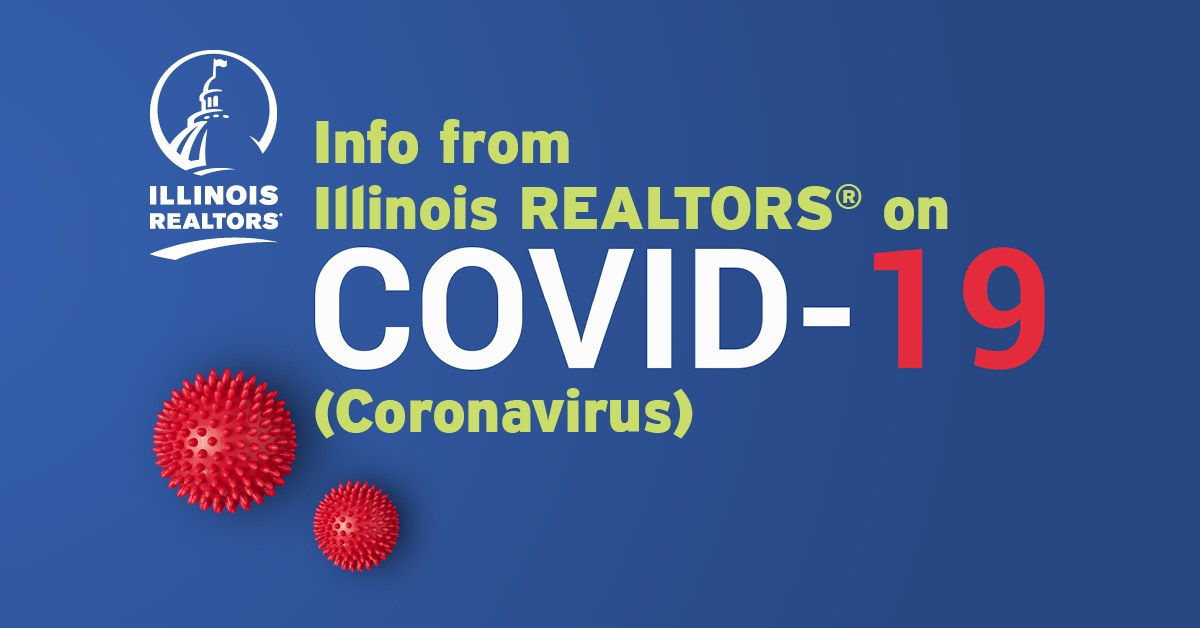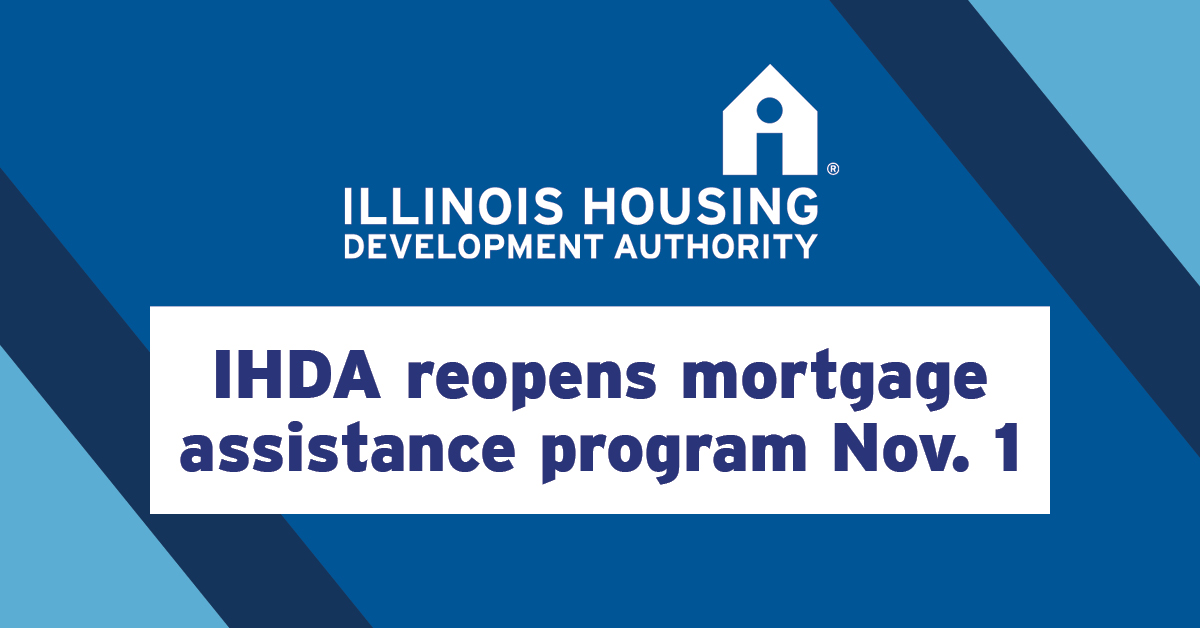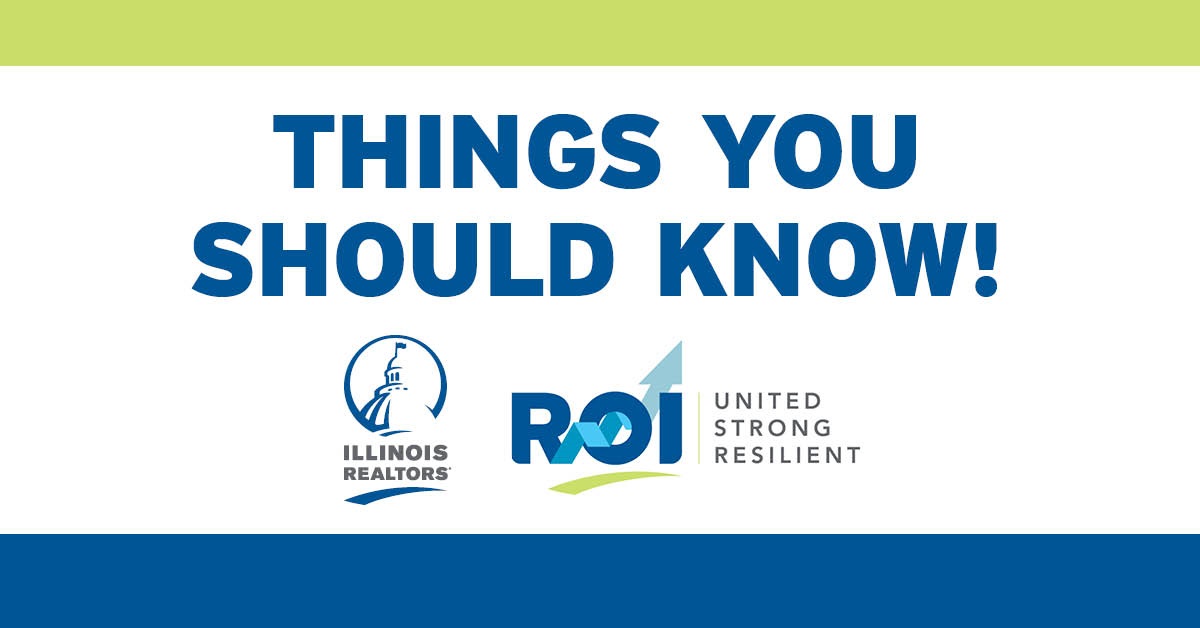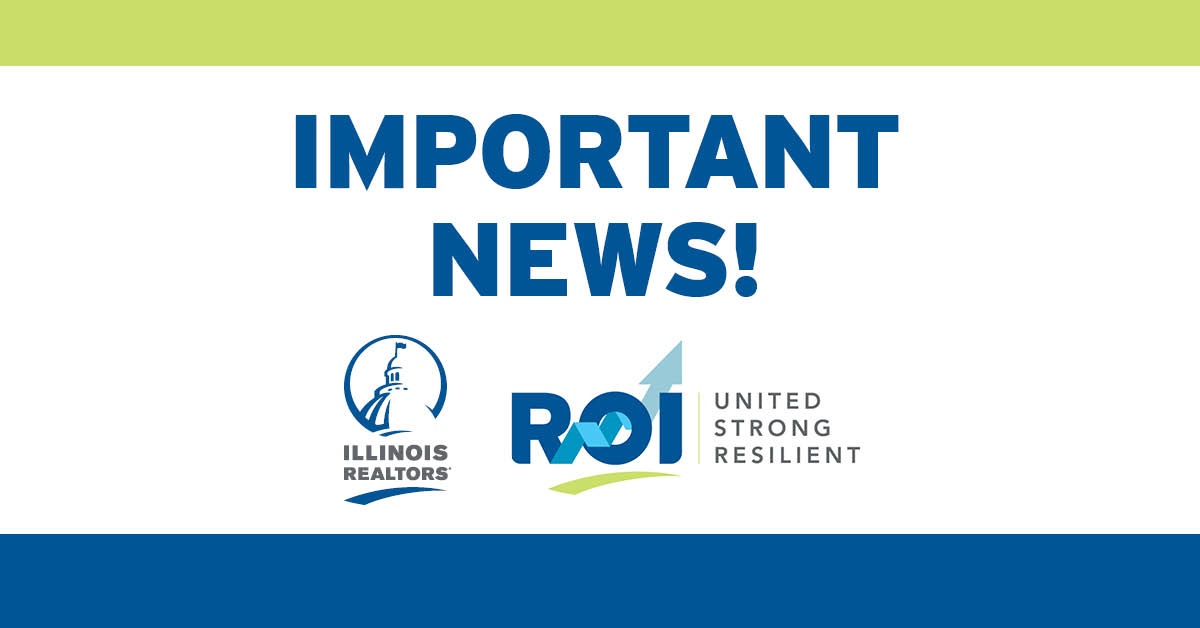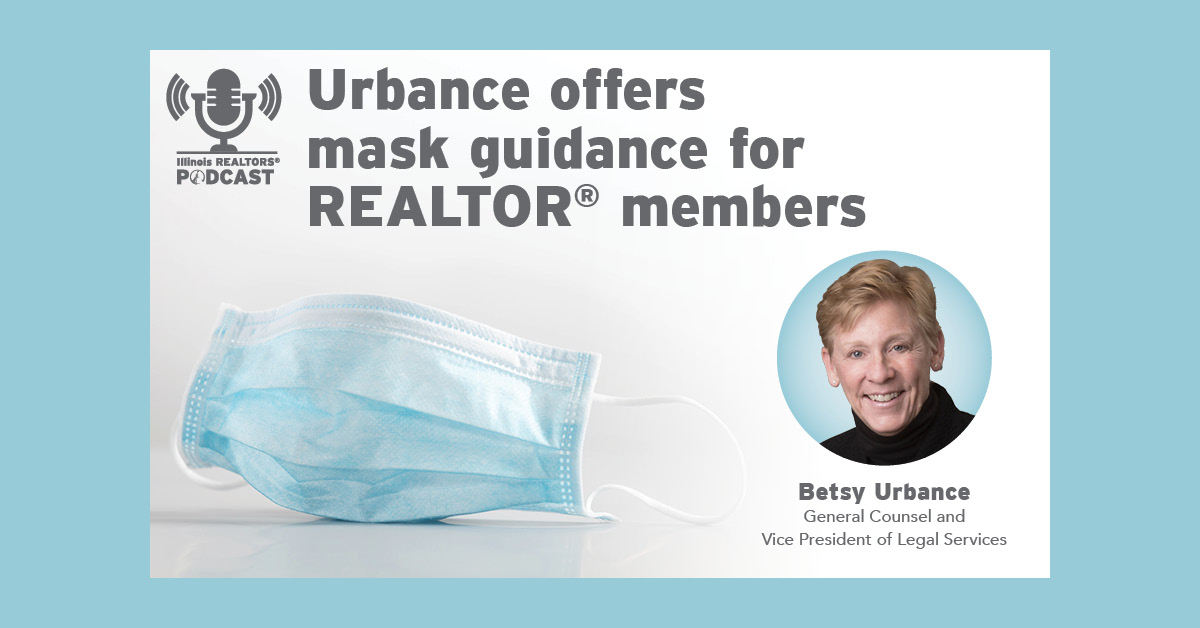REALTORS® practicing essential real estate services will benefit from a quick review of some of the new or different forms that have arisen during this global health crisis. Here are some important points you should know about each type.
Purchase Contract Amendments
What is a purchase contract amendment?
In this case, we are talking about changes to previously agreed purchase contracts between buyers and sellers.
In the context of the COVID-19 outbreak, consider those entered prior to mid-March.
- An amendment will alter or change the previously agreed terms of the agreement between the seller and the buyer.
- The listing and selling brokers are NOT parties to the purchase contract even if they are mentioned in the contract.
- During these uncertain times, even though real estate and related services are deemed essential, processes will be altered, deadlines will likely be missed, and situations will change.
- IF there is an amendment form provided by your local board and which works with the local or regional form contract:
- Brokers could provide to their clients if it is part of the form contract that was used in the pending transaction.
- If your local association or MLS has an amendment form, it can be a starting place, but your client should be advised to seek legal counsel for review and additional drafting that might be needed.
- If your own company has provided an amendment form, be sure to send your client to their own attorney as well. Your company/franchise attorneys represent the company/franchise and not your clients.
- However, be clear that this contract is still an agreement between buyer and seller, so brokers must not alter the purchase contract themselves, as that would constitute the unauthorized practice of law.
- Parties can choose to alter or amend contracts themselves since the agreement is between them. You, however, should advise legal counsel and leave the decision to the parties.
Addendums to New Contracts
What is a contract addendum?
In this case, we are talking about adding additional terms to a contract that is in negotiations or a future contract.
In the context of the COVID-19 outbreak, it might be a form drafted by your local association/MLS or your company or franchise to be attached to your commonly used purchase contract form containing provisions specific to operating in the current environment.
- Just as in the case of the contract amendment, this form will alter the “usual” purchase contract form.
- Similarly, the parties to a purchase contract containing an addendum are the seller and buyer, NOT the brokers.
- IF there is an addendum form provided by a local association, company, or MLS and it is intended to work with the local or regional form contract, then you may provide it to your clients for their use. It may serve as just a starting point, where with counsel it is further revised by the buyer or seller. Your client should be advised to review any new addendum with legal counsel in any event.
- However, be clear that the addendum and the contract are still agreements between the buyer and seller, so brokers must not engage in the unauthorized practice of law when clients are considering them.
Amendments to Brokerage Agreements
What are they?
These are agreements between the brokerage company and the respective clients detailing the duties of the brokerage to the clients, whether a listing contract with the seller client or a buyer brokerage agreement with a buyer client.
In the context of the present health crisis, you might experience requests from your clients to change the terms of your usual brokerage agreements.
In a listing contract, a seller client might ask, for example, to extend the agreement, to cancel the agreement or to take the property temporarily off the market.
- Since the brokerage company is a party to the agreement, your company’s managing broker could agree to alter or amend the terms.
- If the managing broker delegates that authority to you to bind the company to contractual agreements, or to make changes to them, you might have this authority as well.
- IF you are a newly licensed broker and you have not yet completed the new 45 hours of required broker post-license education, you MUST seek the assistance of your designated managing broker, because under the license law you are unable to bind your company to contracts.
- To alter the terms of a brokerage agreement does not amount to the unauthorized practice of law because the brokerage is a party to this type of contract and, generally speaking, persons/entities can represent themselves.
- Seeking the advice of your company’s legal counsel is always recommended though.
- Do be sure you are following your company’s policies and procedures before making changes to brokerage agreements.
Waivers/Hold Harmless Forms
What are they?
These are forms you may be asked to sign that states generally that one person will not sue another person or entity or will not try to hold them liable for some reason.
In the context of the COVID-19 pandemic, you are likely to see these forms being requested of you and/or your client before you enter a property to show it, or when you are providing services to clients in your capacity as a real estate broker.
- Should you sign one of these if presented a form at the door of a showing (observing all local/state/federal and CDC protocols)?
- If the owner or broker will allow you in without signing such a form, that is recommended.
- If the owner or broker won’t allow you in, contact your company or personal attorney immediately before signing one.
- Brokers should exercise caution when signing any form that requires indemnification without the advice of legal counsel (regardless of whether the form is thought enforceable or not).
- Does Illinois REALTORS® have such a form; and if not, why not?
- Not presently. While it is true that anyone can sue another for anything, the person suing still has to prove the case. In the midst of a global pandemic, it is our opinion that causation of someone contracting COVID-19 down to the minute and a specific contact will be extremely difficult,
suffice to say,if not impossible to prove.
- Not presently. While it is true that anyone can sue another for anything, the person suing still has to prove the case. In the midst of a global pandemic, it is our opinion that causation of someone contracting COVID-19 down to the minute and a specific contact will be extremely difficult,
Health/Safety Screenings
What are they?
This might be a questionnaire provided to someone before interacting with others.
These are unlikely other than in the context of the current health crisis.
- Basic health questionnaires are permissible so long as they are provided to everyone in a consistent manner and denials to entry (for example a real estate showing), are consistently applied depending on answers.
- Any medical questionnaire should be implemented based on advice of your legal counsel and should follow CDC protocols https://www.cdc.gov/coronavirus/2019-ncov/about/share-facts-h.pdf, and may include these questions:
- Do you have a fever?
- Do you have a cough?
- Do you have shortness of breath?
- Have you been in contact with a person known to have COVID-19 or traveled to an area with ongoing spread of the virus?
- Whether a health questionnaire is used or not, you should continue to follow the social distancing and cleansing protocols.
Note: Most of these principles also apply to lease/rental transactions.

